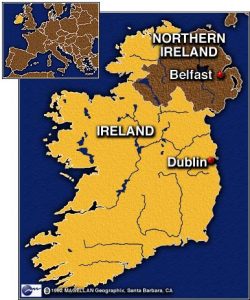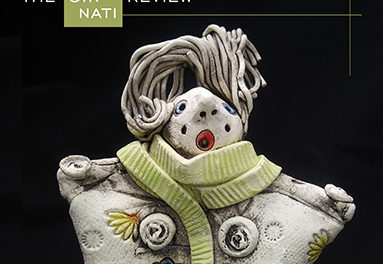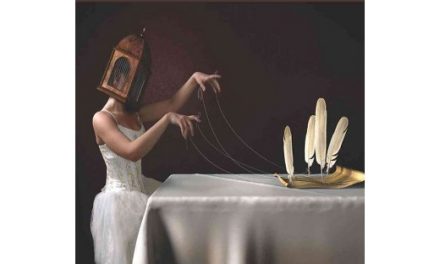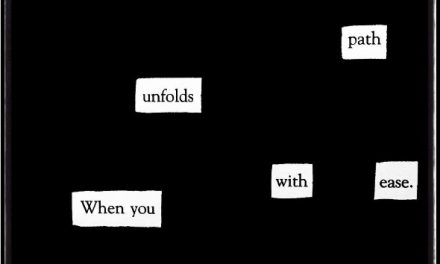This just in from our poetry editor Don Bogen, who is on a Fulbright in Belfast. We miss you, Don!
Don Bogen: I’ve been getting a handle on the local accent. According to a linguist in the department here at Queen’s, the story goes that a wild black pig stuck its snout into the earth and drove a trough across the island from Donegal in the west to some ways south of Belfast on the east coast, and that explains the fact that folks up here don’t sound the way they do in the southern part of the island. Seamus Heaney, who grew up not too far from here, points out in an essay that the Ulster accent is harsher than the familiar lilt and trill we associate with Dublin and points south, that it hits the consonants harder. To my American ear, there’s a clear Scottish tinge to it, though the Irish r is distinctive. In terms of vocabulary, you hear “aye” for “yes” frequently, and “wee” is ubiquitous. The sentence rhythms follow a northern pattern as well, rising right near the end—most statements tend to sound to us like questions.
a trough across the island from Donegal in the west to some ways south of Belfast on the east coast, and that explains the fact that folks up here don’t sound the way they do in the southern part of the island. Seamus Heaney, who grew up not too far from here, points out in an essay that the Ulster accent is harsher than the familiar lilt and trill we associate with Dublin and points south, that it hits the consonants harder. To my American ear, there’s a clear Scottish tinge to it, though the Irish r is distinctive. In terms of vocabulary, you hear “aye” for “yes” frequently, and “wee” is ubiquitous. The sentence rhythms follow a northern pattern as well, rising right near the end—most statements tend to sound to us like questions.
I’m especially struck by the vowels. As a Wisconsin boy, I’m pleased to hear that folks in Belfast say the word root as it should be pronounced, to rhyme with foot. The for in forgiven is the American-sounding fur (or even a little stronger: furr) instead of the fo-given you might hear in parts of England (or fo-ah-given from the Q. of E. herself). Ooh and long o are quite long indeed, as in Lake Wobegon or the movie Fargo. But long a and e are my favorites. Compared to the way we say them, folks here reverse these sounds and then put a hint of a y and a short i at the end. So late becomes lee-yit and sleet would be slay-it. It took me two tries to get a number over the phone because it ended in eight, or ee-yit. Short vowels are different too: One of the poets at the Heaney Center asked me if I knew Robert Pinsky’s poem “Shart.” Communication has its challenges, but I’ve come to find the “questioning” rhythm and accent here endearing. Hi sounds like hiya, and that’s welcoming indeed.










